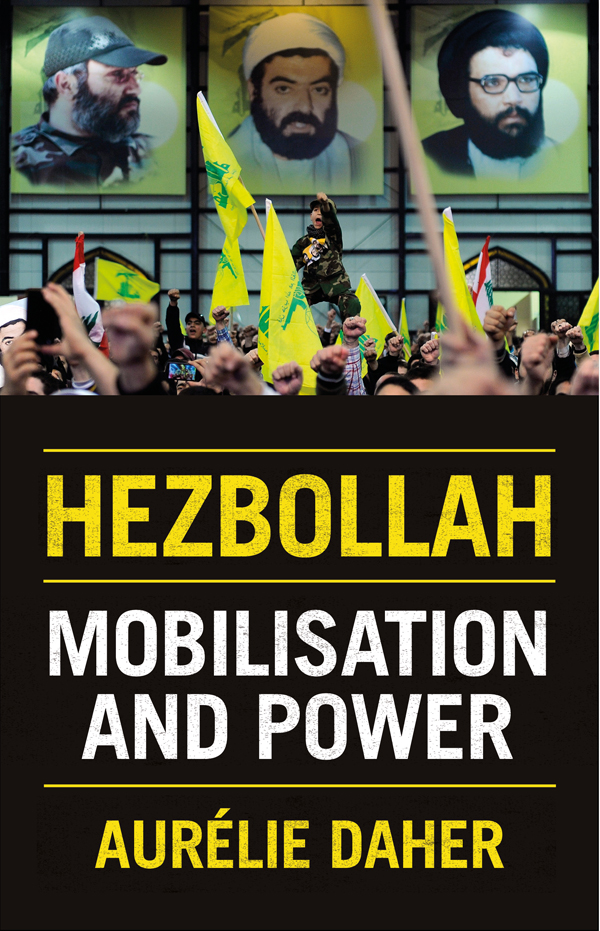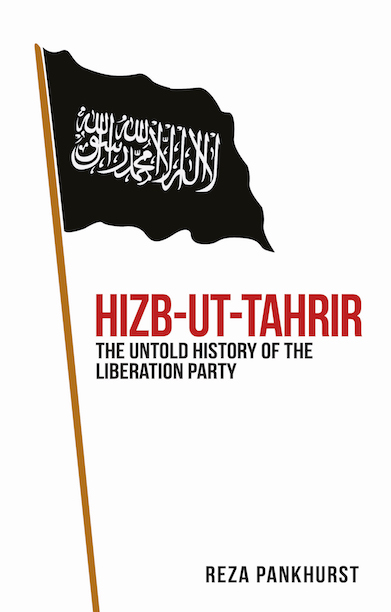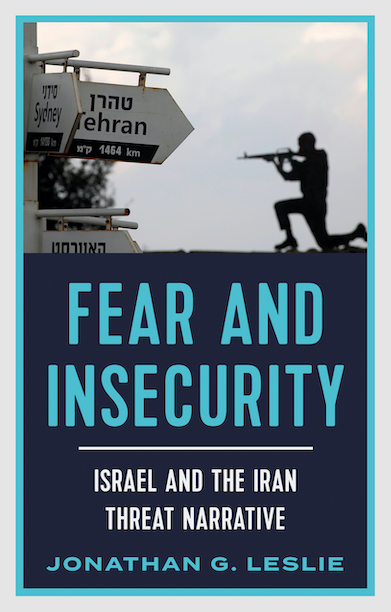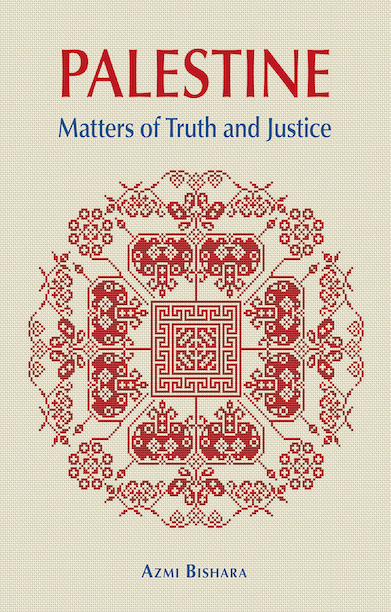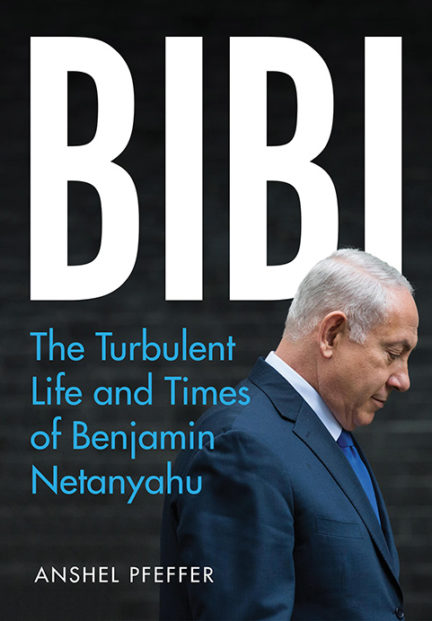Hezbollah
Mobilisation and Power
Morning Star ‘Book of the Year’
Social movement, liberation party or terrorist group? With Hezbollah’s growing involvement in the war in Syria, this study of its impact on Lebanon, drawing heavily on first-hand interviews, could not be more timely.
Description
Almost forty years after its foundation, Hezbollah remains an enigma. Is it an Islamist terrorist group dedicated to destroying Israel or the first Arab national resistance ever to have defeated Tel Aviv’s troops? Should we look at it as a patriotic and respectable party or a fascist network at the centre of Lebanese political life? Hezbollah intrigues all the more for the difficulty involved in studying it. Its weakening, if not demise, has been announced many times since its inception in the early 1980s. But the fact is that Hezbollah has never stopped growing in power, on the national stage as well as in a regional context.
This book has three purposes. It first gives a clear definition of Hezbollah, presenting a thorough history of the party, describing its established internal structure, and the scope of its social and political action. It then explains the evolution of the party’s mobilisation. Finally, it illustrates another path, political but mainly identity-related — that of the Shiite community, today the main constituent of Lebanese society.
This rigorous and richly documented study, drawing on primary sources and hundreds of interviews with members, executives and officials of the party, unveils new aspects of this organisation, of the ‘Hezbollah phenomenon’ and of Lebanese politics at the turn of the twenty-first century.
Reviews
‘The definitive English-language academic resource on the Lebanese Shi’a group Hezbollah … A triumph of research, this work is highly recommended reading for anyone curious about Lebanese politics.’ — CHOICE
‘Daher dispels a number of myths: that Hezbollah would be a state within a Lebanese state or that its principal goal is Islamic rule. Daher redefines the roles we traditionally attribute to Hezbollah, mouthpiece for the Shiite community, and dwells on its partners’ or adversaries’ perceptions of its activities. Offers a very complete picture.’ — Le Monde Diplomatique
‘[Daher’s] book offers a comprehensive historical and sociological analysis that stands out for its wealth of empirical detail and for its capacity to question stereotypical views on [Hezbollah].’ — International Affairs
‘Daher offers unprecedented detail on Hezbollah’s structure’. — The Arab Weekly
‘A long-awaited book, which turns the body of literature on Hezbollah on its head. From now on it will be impossible to study Lebanon’s “Party of God” without reading this groundbreaking volume.’ — Bernard Rougier, Professor, Université Sorbonne-Nouvelle and author of Everyday Jihad
‘Daher shares exceptional insights into the origins, structure, leadership and popularity of Hezbollah. This book is admirable for its nuance and richness of detail about the contention for power amongst Shi’i figures, and the party’s central role in resistance to Israel. I highly recommend it.’ — Augustus Richard Norton, author of Hezbollah: A Short History
‘An encyclopaedic effort at writing what is arguably the richest and most rigorous account of Hezbollah’s political history.’ — Bashir Saade, Lecturer of Religion and Politics, University of Stirling and author of Hizbullah and the Politics of Remembrance
‘Brilliant, original and engaging, this book is essential reading for generalists and specialists alike.’ — Dale F. Eickelman, co-author of Muslim Politics
Author(s)

Aurélie Daher is Associate Professor at Université Paris-Dauphine and at Sciences Po, Paris; a former postdoctoral fellow at the University of Oxford (2010–2011 and 2016–2017); and a former postdoctoral research associate at Princeton University (2012–2013). Her work focuses on Hezbollah, Shiism, and Lebanese and Middle Eastern politics.
